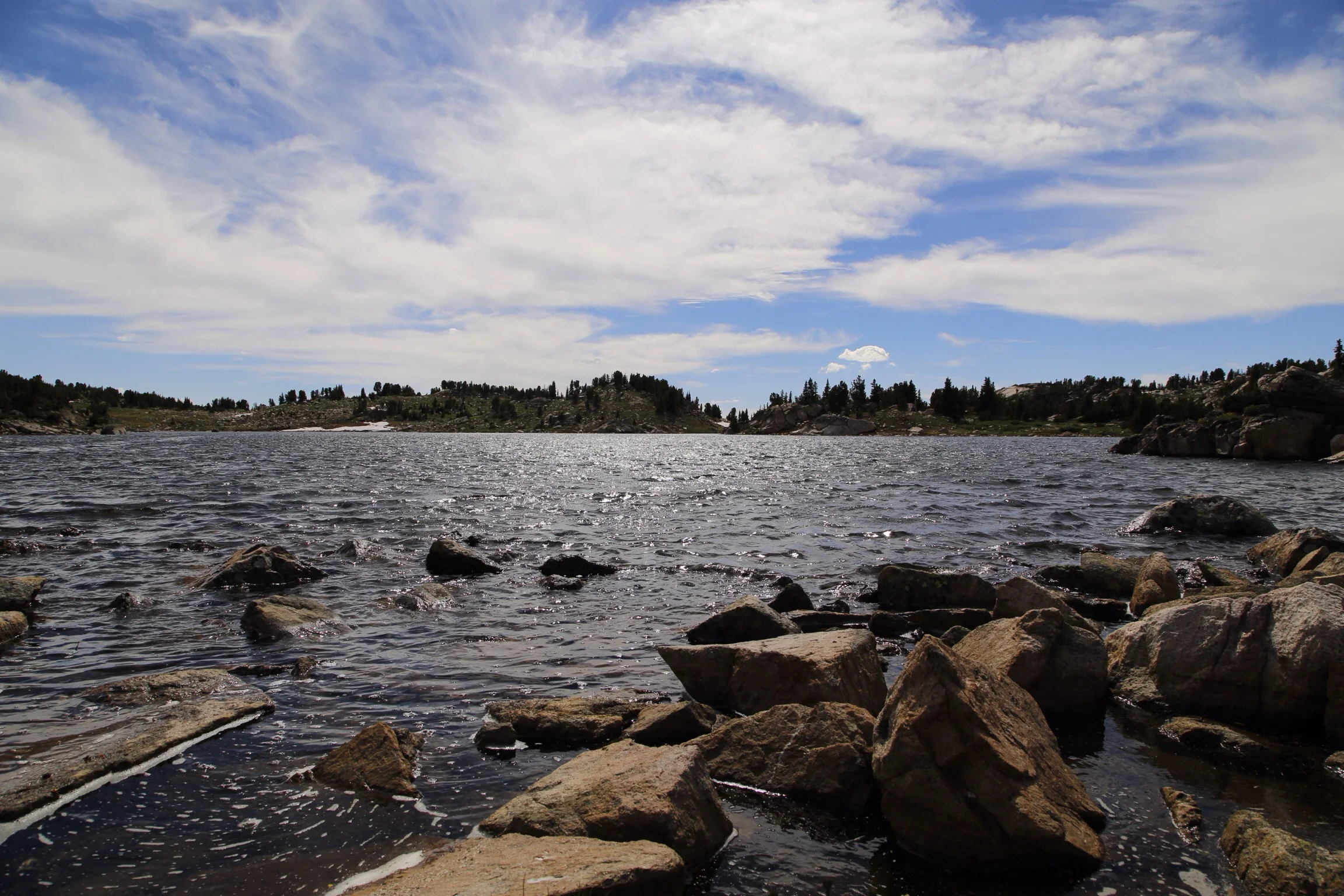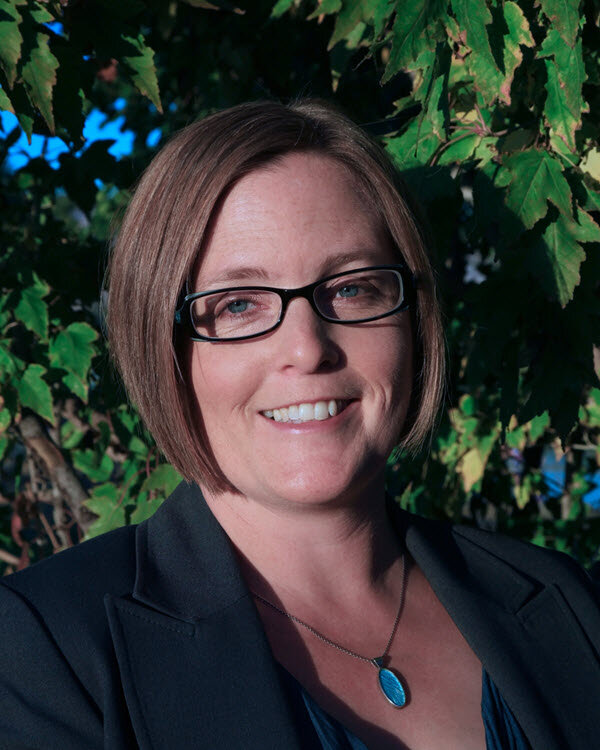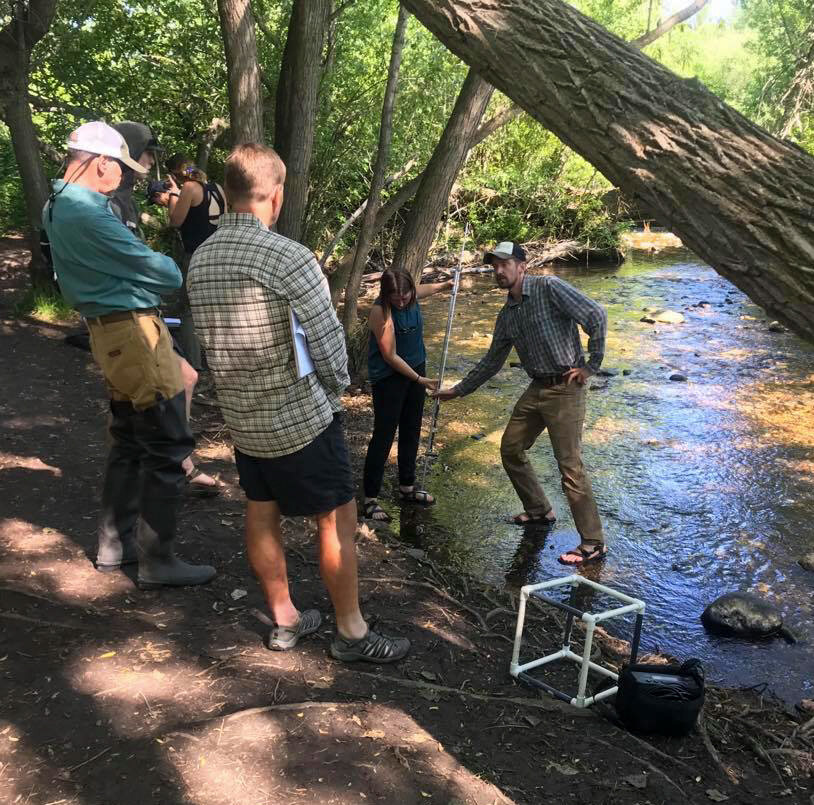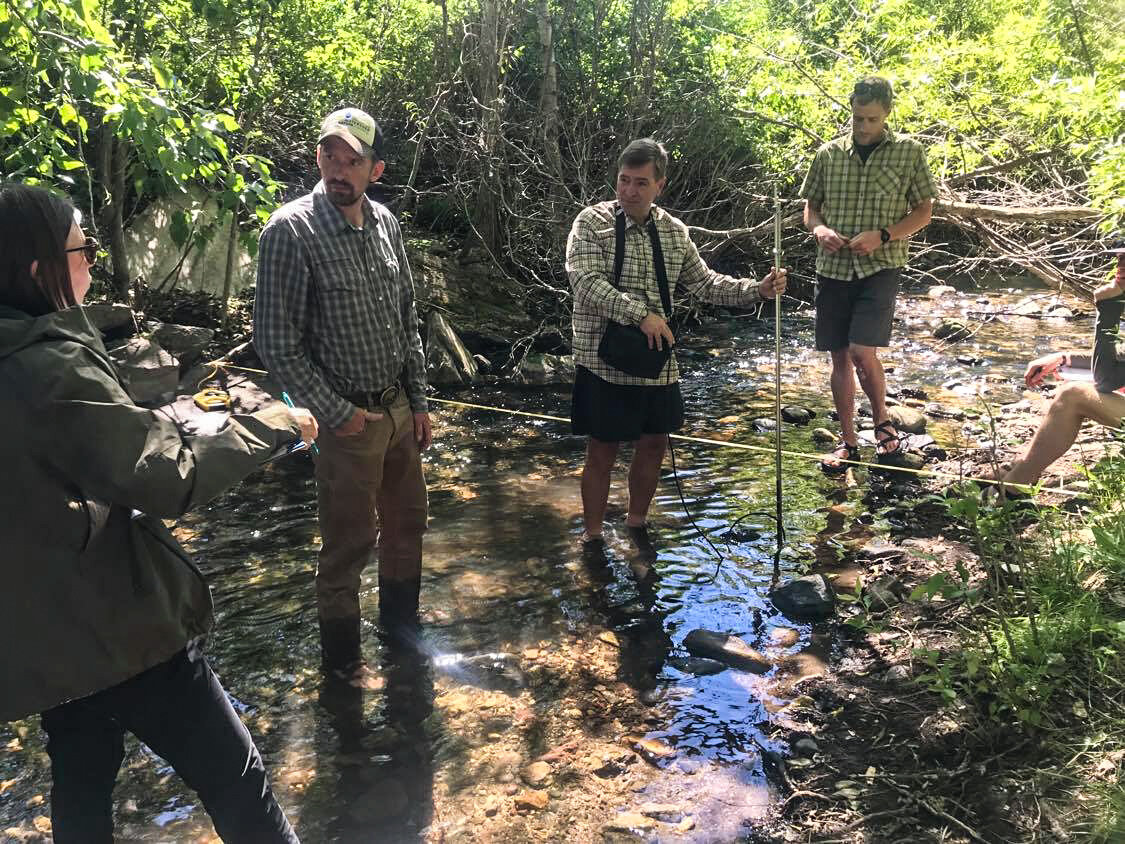Diffusion of information from volunteer water monitoring and the effect on public trust in science
Volunteer monitoring has been widely recognized as a tool for engaging the public in science and enhancing stewardship outcomes across resource types and scientific disciplines. In particular, volunteer monitoring of water resources has been embraced by state regulatory agencies, local non-profit groups, and university Extension professionals as a means to achieve the goal of Fishable and Swimmable rivers and streams laid out in the U.S. CWA of 1972. Volunteer monitoring programs have been active in Montana for at least 20 years, and the number of programs has been growing steadily over the last 10 years. While these programs are focused on direct water quality and quantity related questions, they invariably also have public engagement goals infused throughout their programming. This research project will investigate how characteristics of volunteer monitoring programs influence diffusion of knowledge and trust in scientific data. The project will involve case studies of volunteer water monitoring programs across Montana using a variety of social science methods in order to gain a complete understanding of the context, goals, and outcomes of each program.
Dr. Sarah P. Church is an Assistant Professor in Planning, in the Department of Earth Sciences, Montana State University. She researches human dimensions of water resources across urban and working landscapes, particularly the role of social learning in increasing environmental knowledge and influencing behavior change. Dr. Adam Sigler is an assistant professor in the Department of Land Resources and Environmental Science at Montana State University, as well as the Water Quality Specialist for MSU Extension. Dr. Sigler’s work and research range from water and nitrogen dynamics in dryland agriculture to building water quality monitoring capacity and creating educational programming for private well and septic owners.




